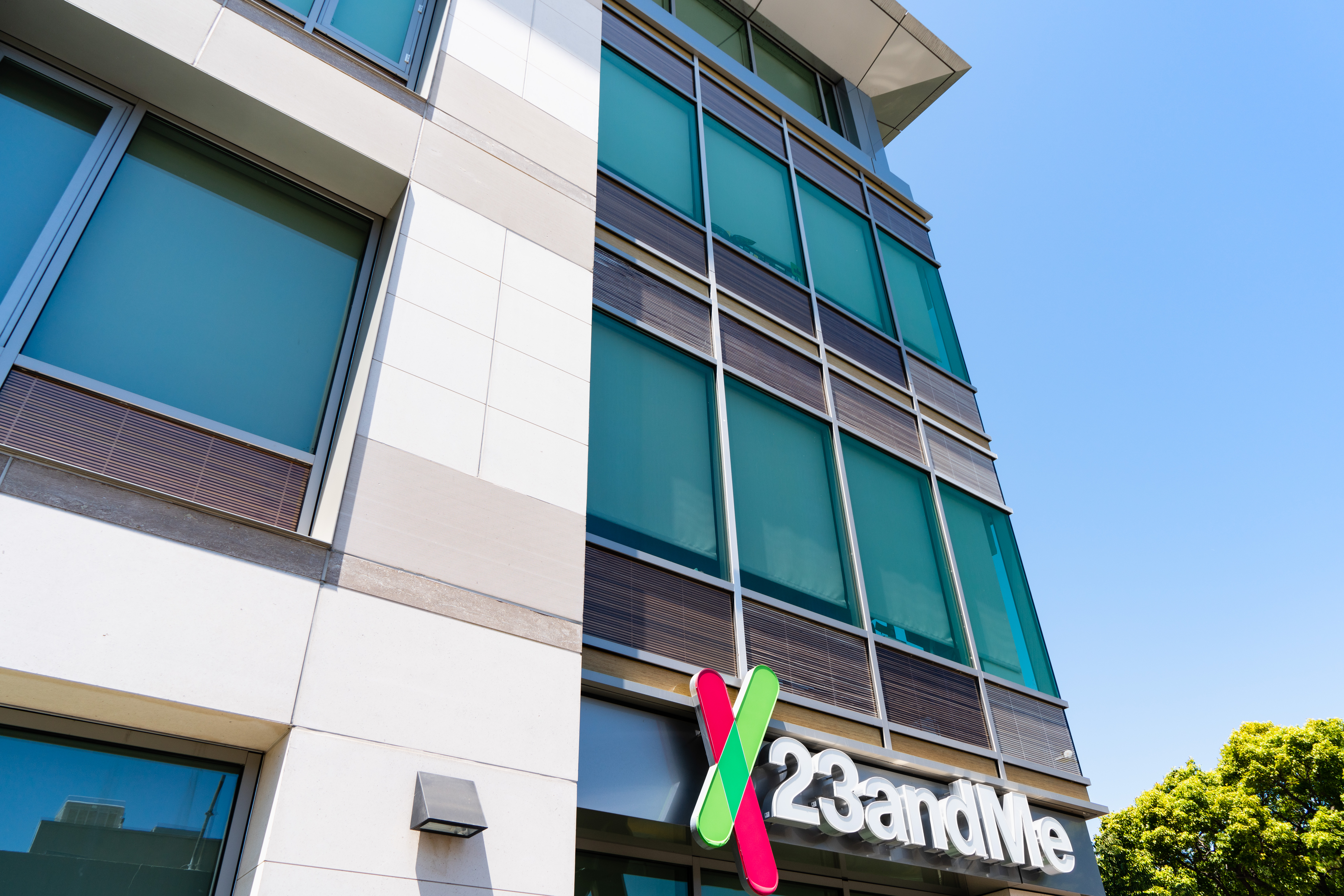What Is 23andMe Doing With Your DNA?
By Kara Swisher,
The New York Times
| 09. 20. 2021
Anne Wojcicki is sitting on a treasure trove of genetic data. Wojcicki, a co-founder and the chief executive of the genetic testing company 23andMe, has led it through 14 years in which it has collected data from millions of customers through at-home DNA spit test kits. In 2018 the company announced a collaboration with GlaxoSmithKline to use this anonymized, aggregated data to develop pharmaceutical drugs — and attracted a $300 million investment from the pharmaceutical giant. And in June, when Wojcicki took the company public, it was valued at $3.5 billion. In some ways, it’s a standard Silicon Valley play: Lure customers in with the promise of democratizing information, then quickly moving to monetize that information. But what are the implications when the information at stake is your DNA?
In this conversation, Kara Swisher presses Wojcicki on the ethical, privacy and security questions intertwined with the 23andMe business model. They discuss what the rise of genetic testing might mean for today’s 2-year-olds and how the United States is faring in a “genetic information race” with China. And they dig into the...
Related Articles
By David Jensen, California Stem Cell Report | 02.10.2026
Touchy issues involving accusations that California’s $12 billion gene and stem cell research agency is pushing aside “good science” in favor of new priorities and preferences will be aired again in late March at a public meeting in Sacramento.
The...
By Lauren Hammer Breslow and Vanessa Smith, Bill of Health | 01.28.2026
On Jan. 24, 2026, the New York Times reported that DNA sequences contributed by children and families to support a federal effort to understand adolescent brain development were later co-opted by other researchers and used to publish “race science”...
By Arthur Lazarus, MedPage Today | 01.23.2026
A growing body of contemporary research and reporting exposes how old ideas can find new life when repurposed within modern systems of medicine, technology, and public policy. Over the last decade, several trends have converged:
- The rise of polygenic scoring...
By Stephanie Pappas, LiveScience | 01.15.2026
Genetic variants believed to cause blindness in nearly everyone who carries them actually lead to vision loss less than 30% of the time, new research finds.
The study challenges the concept of Mendelian diseases, or diseases and disorders attributed to...




